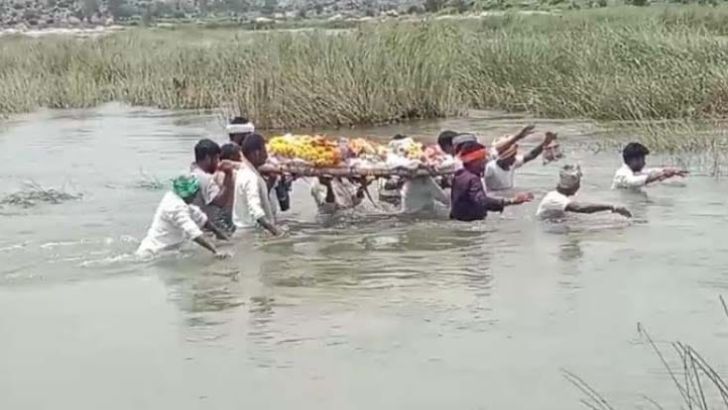Silicon Valley battles water crisis
Erratic rainfall, depleting groundwater levels and growing demand have pushed the City to its limits
-
Borewells are drying up in Bengaluru and residents are paying a lot for water tankers as City fights major crisis PHOTO: PTI
BENGALURU, 22 FEB
Bengaluru, once known for its
abundant water resources, is facing a severe water crisis this summer. Erratic
rainfall, depleting groundwater levels and growing demand have pushed the City
to its limits. The brunt of the crisis falls heavily on households.
The groundwater in Bengaluru is
drying up. “Among the 11,000 borewells in the City, 1,240 are already dried up
and it's not long before the remaining starts to dry up as well,” Suresh B,
Chief Engineer of Bangalore Water Supply and Sewerage Board of (BWSSB), told
Salar News. The areas that are facing severe water crisis in the City are
Bellandur, Jakkur, Ramamurthy Nagar, Singasandra and Devanahalli, according to
BWSSB.
The City needs to find additional
sources of water. “On average, we supply 1,450 million litres of water daily to
Bengaluru from waterbodies in the State. Additionally, there are around 11,000
borewells in Bengaluru that supply 400 million litres of water daily to the
City. Even though 1,850 million litres of water (from waterbodies and
borewells) is supplied daily, it is not enough for the City," Suresh said.
Around 110 villages along the
outskirts of Bengaluru are deprived of water due to the extreme consumption of
water in the City. “We require an extra 1,680 million litres to supply water
daily to these 110 villages,” he said.
Water tankers find it tough to meet
demands
Many areas in the City are
dependent on the water tankers during the time of crisis. Mallappa, a water
tank supplier (Kalkere and its surrounding areas), told Salar News: “We are
getting a lot of demands from apartments for water and we charge Rs 1,000 for
7,000 litres of water. We have to charge that much as the water levels have
come down in many places and there is no place where we can find more water. We
solely depend on groundwater, and if that itself is depleting then our work
will be cut off.”
Some water tanker operators are
planning to cut down their operations due to the crisis. “We charge Rs 600 for
5,000 litres of water. We supply mostly to restaurants and if there is an
emergency we give to apartments as well. Now that summer is coming, the water
supply may drop from our side as well due to water shortage,” said Syed Faruq,
a water tank supplier to Sarjapur and nearby areas.
Many water ATMs shut
Many of the water ATMs in
Yeshwanthpur, Rajarajeshwari Nagar and Kengeri have shut down due to the lack
of water supply. The government-operated Reverse Osmosis (RO) units or water
ATMs in many areas of the City have increased the rates from Rs 5 to Rs 10 for
a 20-litre supply. Some ATMs run by private companies, who were charging Rs 8
for 20 litres, have now increased it to Rs 15.
Apartments resort to drastic
measures
Apartments in the City are
resorting to several steps to mitigate this crisis. Short showers, reuse of
greywater (water from wash basins, showers, bathtubs and kitchen) and
meticulous leak detection have become the norm. “We release water at alternate
hours to residents so that equal amounts of water in a controlled measurement
is being supplied to every house,” said Jayadeva, a member of the owners’
association at Raheja Gardenia in Shivaji Nagar.
Malathi S, a member of Brigade
Woods Residents and Owners Association (Brigade Woods) near ITPL main road in
KR Puram, said: “We have been supplying water at a low pressure so that maximum
water gets saved. Along with that, we have a period in which the water will be
supplied to all the residents. And they will have access only at that time to
save water for the whole day. In this way, we can have control over how much
water we are using.”
Many apartments in the City have
started harvesting rainwater and installed individual water meters. “We used to
have master water meters in our apartments before. Once we found out that the
water consumption is increasing every month, we decided to install individual
water meters in each resident’s house so that they are responsible for their
water consumption,” said Venkatraman S, the association head of Brigade
Meadows, Saalu Hunase village, Kanakapura Road.
Many high-rise apartments in
Bengaluru have started awareness campaigns, urging residents to adopt
water-saving practices.
BWSSB plans more borewells
BWSSB will be taking measures to
reduce the water scarcity in the City, Chief Engineer Suresh said. “KRS and
Kabini dams are now having 22,000 TMC (thousand million cubic feet) of water,
which is enough to support the City for another 2-3 months. We are planning to
dig more borewells where there is more groundwater,” he said.
Deputy Chief Minister DK Shivakumar
said supplying drinking water to Bengaluru is a big problem. "Bengaluru is
rapidly growing every year and the City's population is rising by 10 lakh a
year. For the sake of Bengaluru's respect and pride, we want to prioritise
drinking water first,’’ he said.
Shivakumar said the State is not
getting enough water from Cauvery and tankers that supply water to the City
draw water from borewells. "Almost 20 per cent of Bengaluru's water needs
are met through tankers," he said. Acknowledging the need for a
comprehensive solution, Shivakumar said, "We need a major solution. That's
why we're fighting for the Mekedatu project." —Salar News
Leave a Reply
Your email address will not be published. Required fields are marked *








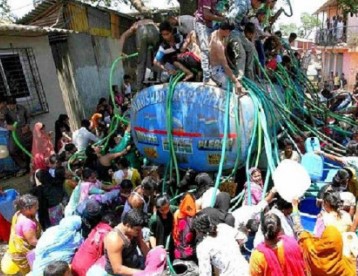

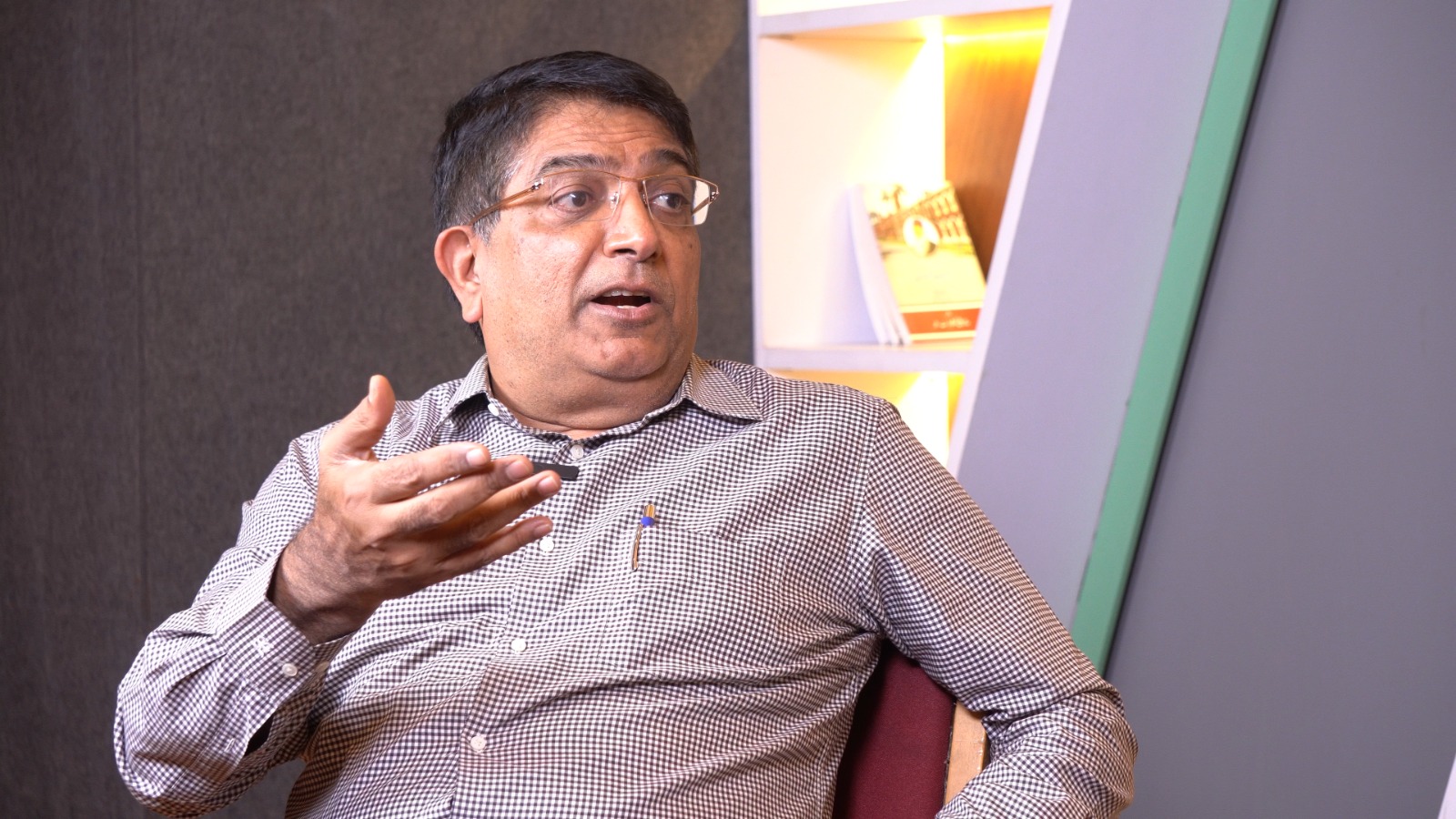
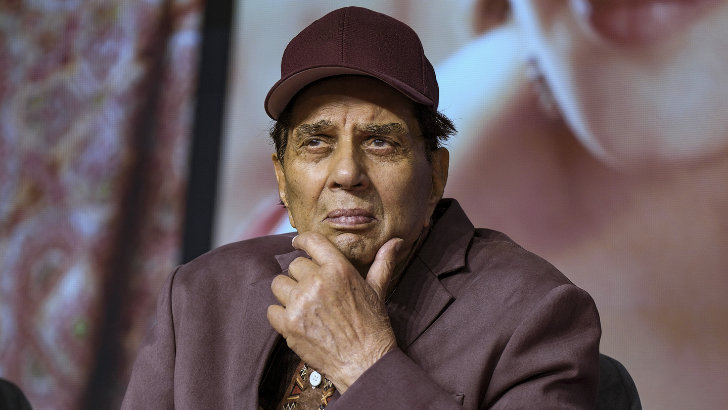
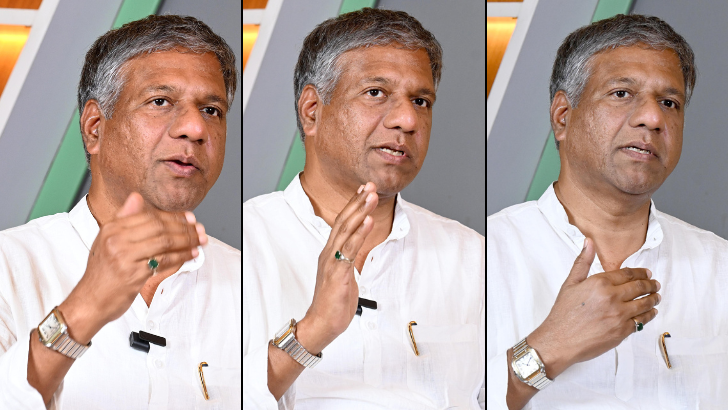
.png)
.png)
.png)
.png)

.jpg)
